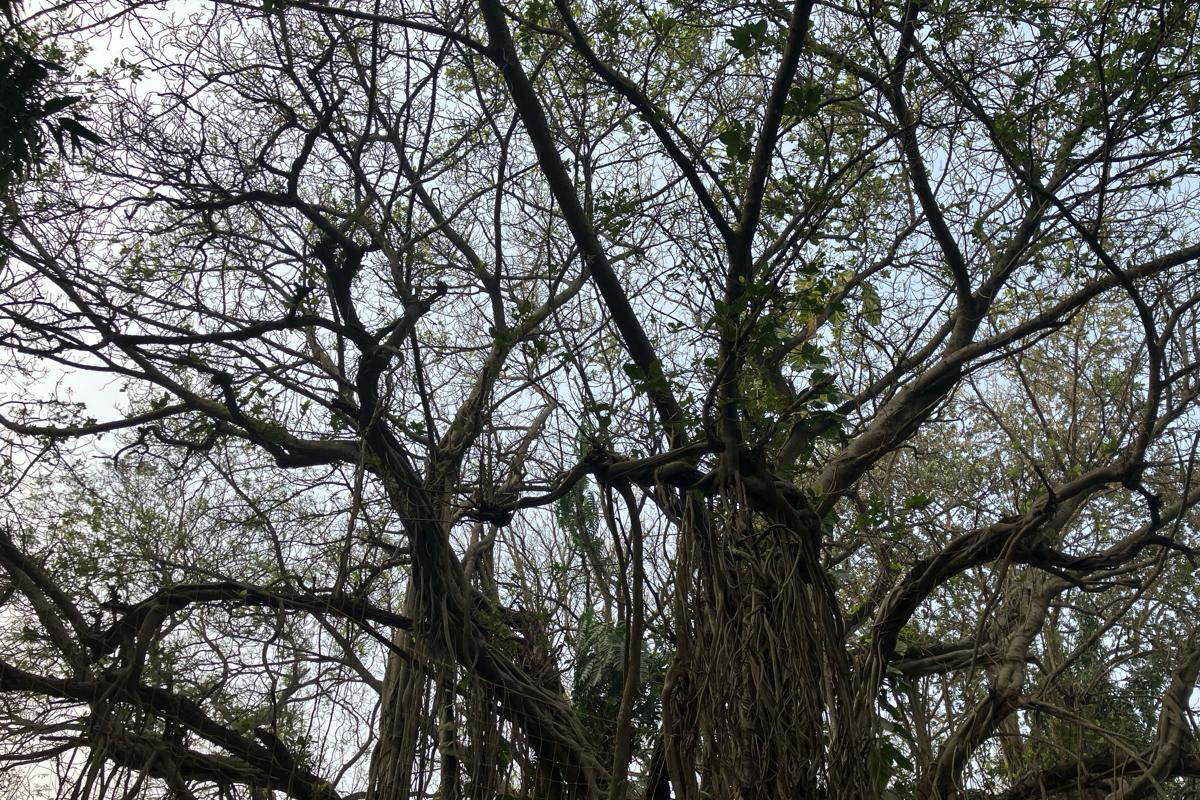MIRV Test
India’s recent test of a missile equipped with multiple independently targetable re-entry vehicles (MIRVs) has sparked both admiration for technological prowess and concern for regional stability.
Waiting for a day and a night when the evening news leaves better thoughts.

I was watching the evening news. And a debate about a particular issue. And as usual, it turned into a session of political parties defending themselves against atrocities taking place while putting the blame squarely on each other. These are not debates or discussions about how to find solutions to problems that plague, but downright acrimonious blame games absolving themselves of culpability or guilt. There is no collective effort to get together to identify ways to better people’s lots. Such a waste of power is invested in the political class to do good for the people. They squander, with steadfast regularity, the opportunity to govern so that peace could prevail. And we are so inured to it that questioning it is naivety.
The news never ceases to turn thoughts towards the idea of transience. The bitter squabbling for temporal things like power or property, wealth, or what-have-you appears overwhelmingly shortsighted. While the pursuit of power, property, wealth, or what-have-you could be condoned in ordinary people, deprived of the basics or devoid of better judgement, it does not befit those to whom the responsibility of governance has been bestowed. It is expected of them to ponder transience as they witness the history of how the mighty fall or how the regimes are uprooted and to think a little more about the passing of people who once ruled than just a laying of wreaths at the feet of their statues, as they often do on anniversaries.
The thought of transience ought to haunt us night and day. It is there in front of our eyes, unfolding with unmistaken regularity. The breeze that soothes turns into fierce storms, creating havoc, and then goes back to being gentle again. When I covered Cyclones as a reporter, I went as close to the coast as possible, or as much as was allowed by the administration, to get glimpses into its ferocity and witness its power of devastation. Howling winds blowing at speeds of over one hundred kilometres per hour smashed through glass windows, snapped electrical wiring, blew away rooftops, uprooted entire buildings, and took down trees. I followed its trail to where it disintegrated into air so thin, so weak, and so powerless that it could not rustle a fallen leaf.
Advertisement
When I covered the crumbling islands of the Bay of Bengal, like Ghoramara and Mousuni, which are steadily disintegrating into the sea, I witnessed the way that property disputes end. “Just a year ago, we brothers were fighting over who would inherit this land when our father died,” said a villager of Ghoramara, sighing. “Today it belongs to the swelling waves,” he smiled sadly.
Time passes, taking with it different things. People: dear ones, near ones. The days of reality disappear like dreams. Sounds of laughter and footsteps disintegrate to echo only in memories, which too fade eventually. The bitter quarrels over petty things don’t make sense. Just does not. Everything is to be left behind. The decision is that of the individual whether to make the intervening time one of memories of dreams or of nightmares.
Waiting for a day and a night when the evening news leaves better thoughts.
Advertisement